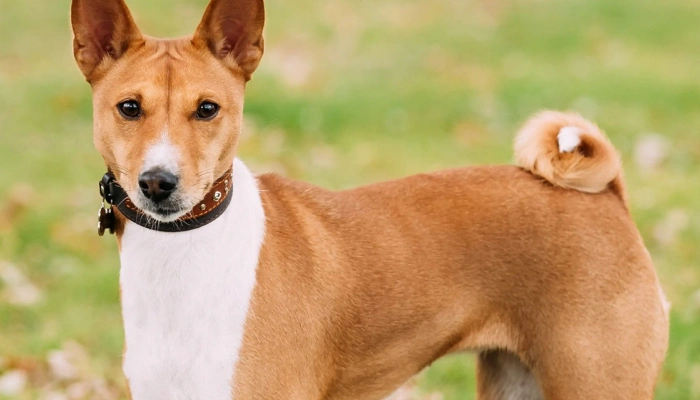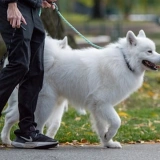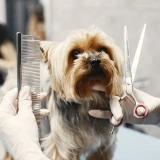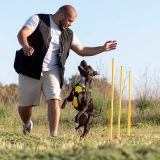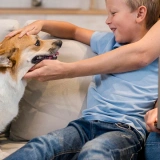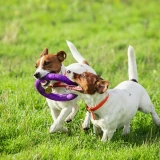The Basenji is one of the oldest known dog breeds, with origins in Central Africa where they were used for hunting. Known as the "barkless dog," Basenjis produce a unique yodel-like sound instead of traditional barking — a trait tied to their unique larynx shape.
Basenjis are compact, finely built dogs with alert expressions, tightly curled tails, and short, glossy coats. Their independent nature and cleanliness often earn them comparisons to cats. They're intelligent, curious, and often mischievous, with a strong prey drive and a mind of their own.
This breed is best suited for experienced owners who appreciate an independent companion. Basenjis do well in homes where they’re given daily physical activity and mental stimulation — and where escape-proof fencing is the norm.

